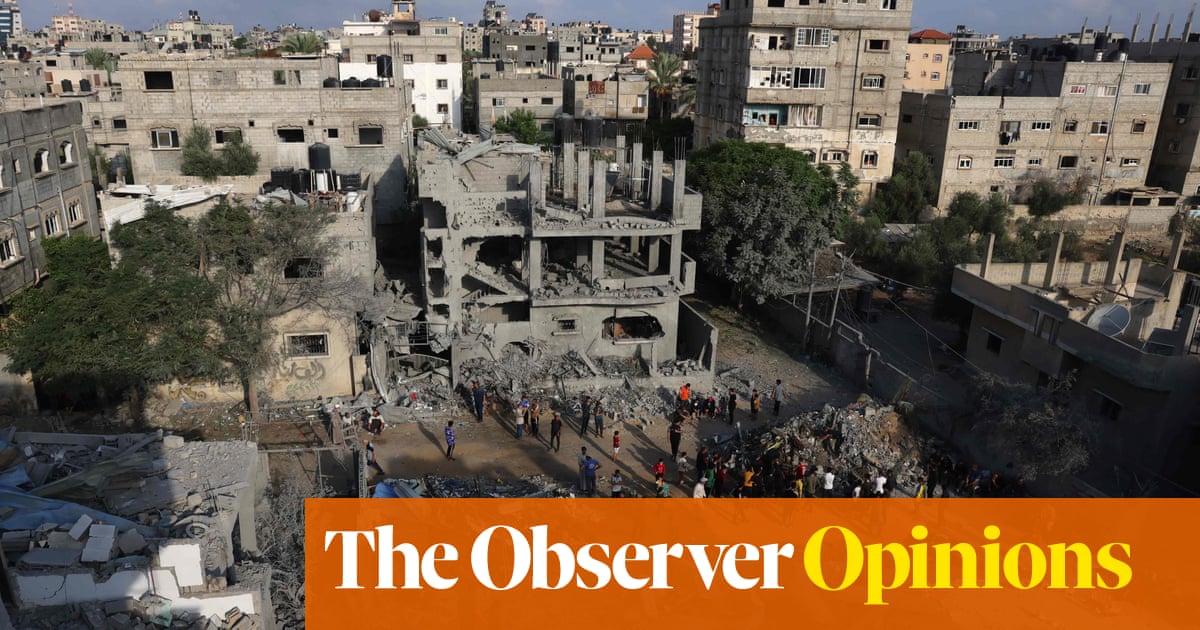
In the complex triangle of Israel, the Palestinian Authority (PA) and Hamas, the main losers are those who want to live peacefully with one another, or at least to coexist free of violence. But instead of a peace agreement or even a peace process, neither of which seem to be in the offing, outbursts of violence and tensions along the Gaza border, and more recently in the West Bank, are becoming more frequent, signalling a threat of further escalation and more bloodshed.
The recent shootings attributed to Hamas militants at Israeli bus stops inside the occupied West Bank represent an escalation that the West Bank hasn’t experienced for several years. Israel also killed five Palestinians, in some cases during attempts to arrest them, which seemed to some eyewitnesses to be more like summary executions than genuine attempts at capture.
In the current Israeli government, the forces who advocate a considered and proportionate response to such violent incidents are outweighed by those who support harsh punitive measures, including the repugnant practice of collective punishment. These hard-line right wingers are cynically exploiting such tragedies to enhance their credentials as defenders of the Jewish state and the settlers who sent them to the Knesset and into government. In their naked populism they push the government to order the security forces to take measures that the chiefs of those forces, whether the military or the internal security service, are totally opposed to.
Education Minister Naftali Bennett and Justice Minister Ayelet Shaked, who are always in the front row of those calling for harsher measures against Palestinians, pushed to pass a law that gives the security forces the power to expel families of Palestinian militants from their homes. This was not only something that Israel’s security chiefs consider counterproductive, but it is also illegal by the standards of international law. It is of course the prerogative of politicians to make the final decisions on such matters. However, when there is a united legal and security front that views measures such as expulsions and house demolitions as counterproductive, it is irresponsible of the government to ignore such advice.
In the current Israeli government, the forces who advocate a considered and proportionate response to such violent incidents are outweighed by those who support harsh punitive measures, including the repugnant practice of collective punishment.
Yossi Mekelberg
There is another facet to the recent spate of violence that poses the question: Is this a concerted effort by Hamas to open a new front, or is it being carried out by a rogue element? According to PA sources, the leader of the “West Bank Group” responsible for the shootings is Jasser Barghouti, who was released as part of the 2011 prisoner swap that freed abducted Israeli soldier Gilad Shalit. It is hard to argue for exchanging Hamas prisoners for captured Israelis if some of those released are reengaging in militant activities, especially against civilians. Considering that any long-term truce between Israel and the Hamas requires prisoner exchange, the involvement of Jasser Barghouti could prove to be detrimental to the promotion of such an agreement.
In the middle of it all is the PA, and its somewhat out-of-sorts President Abbas. He depends on the Israelis, despises Hamas, has been completely abandoned by Washington, and receives little help from the Europeans or the Middle East’s regional powers. Add to this a dwindling legitimacy due to his security cooperation with Israel and the absence of a democratic process within the PA, and we see the bleak picture of conditions that are empowering those who would like to return to the armed struggle and confront both Israel and the PA.
It remains to be seen whether Hamas is attempting to move the armed struggle to the West Bank. If they do, it will pose a challenge to Israel and the PA, but it is unclear whether the response will be a joint one. However, if Netanyahu, and especially his colleagues who represent the Jewish settlers, believe that harsher occupation and expansion of the settlements are the answer, they may once more apply the old tried-and-failed methods, which will only fail again. Successful long-term containment of violence can succeed only through a viable political process of negotiation, one which, for those who live under occupation and an increasingly authoritarian Palestinian president, would restore hope for a life of dignity, security and prosperity.
Yossi Mekelberg is professor of international relations at Regent’s University London, where he is head of the International Relations and Social Sciences Program. He is also an associate fellow of the MENA Program at Chatham House. He is a regular contributor to the international written and electronic media. Twitter: @YMekelberg
Disclaimer: Views expressed by writers in this section are their own and do not necessarily reflect Arab News" point-of-view











